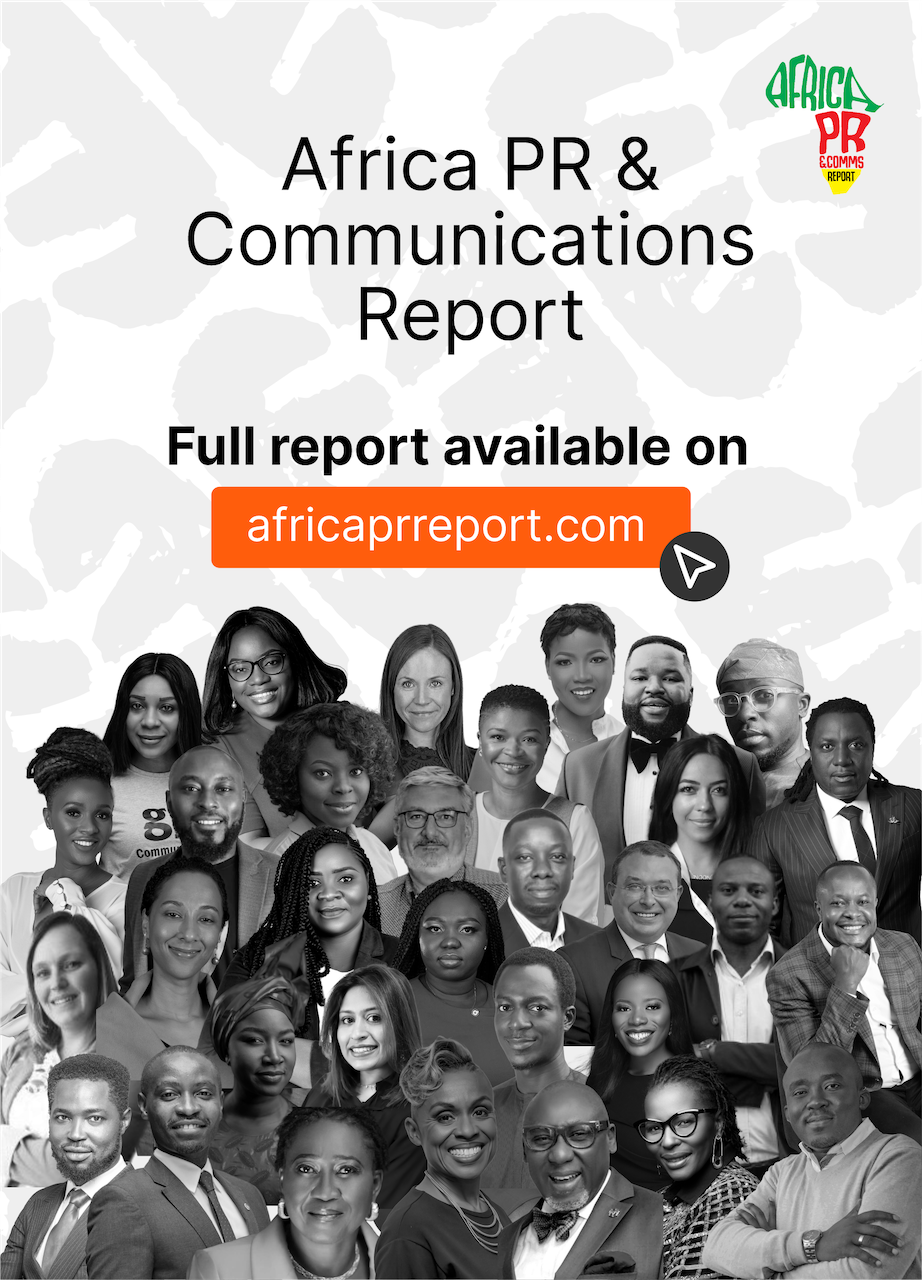Media, in whatever format — print, audio, video, or digital — is the channel by which we speak to an audience. But media transcends simply communicating with an audience. It also integrates experiences which often lead to audience engagement.
This audience engagement is a form of participation that could be as simple as clicking a reaction button or sharing experiences with others. Depending on the industry, media engagement is a behavioural, reactionary feature and a tradeable commodity with a fixation on the number of likes, comments, shares, and other metrics that are measured to increase customer reach. However, media professionals understand that this is a narrow way to view media engagement. Media engagement goes beyond viral posts; it involves coordinating media appearances and interactions that increase brand awareness, drive organisational visibility, and improve positive perception.
Thus, media engagement refers to purposeful interactions among media stakeholders, users, and other players in the media ecosystem for mutual benefits. Effective media engagement begins with an objective in mind. Regardless of the platform or channel, this objective must guide the interaction between media stakeholders for a successful outcome. Here are guidelines for PR and communications professionals to understand, recognise, and accept for effective media engagement.

Understand That Each Platform Is Unique
One of the significant challenges with media engagement is that PR & Comms practitioners often approach each platform similarly. For example, PR professionals pitch the same stories to journalists from different media platforms without considering the uniqueness of these platforms or tweaking these stories to suit each platform.
In a survey conducted among journalists, 74% of journalists revealed that they would block a PR professional for sending irrelevant pitches. Media engagement will be more effective if media professionals pay more attention to the kind of stories, events, and activities that interest particular platforms and journalists. Media professionals who consider the needs of these journalists, the publication with which they work, and the medium through which they disseminate their content become great at media engagement.
Recognize That Effective Media Engagement Is Relational
Media engagement is a means to an end for most media professionals, but it should also be mutually beneficial to all stakeholders involved. It is hardly surprising that media engagement activities are exploited in Africa, given that most journalists receive inadequate pay. Although showing appreciation to journalists through cash gifts is a common practice, building valuable relationships with them will most times eliminate the compulsory need to pay for this kind of media service.
It will often take a village to pull off a successful media engagement campaign. Vendors, content creators, journalists, etc., are a part of this mix, and having as many allies as possible is always an advantage. Hence, cultivating long-term relationships with media professionals and other stakeholders is crucial to the overall success of strategic communication campaigns.
Accept That Preparedness is Vital to Media Engagement Success
If the goal is to ensure better media engagement, nothing can be left to chance. From the get-go, the PR & Comms professional should carry every stakeholder along. This also includes preparing for pushback from both internal and external campaign/project stakeholders when you are clear on the right path.
While engaging the media is a great way to control the public narratives around an organisation, brand, or individual, it is essential to note that preparedness makes all the difference between a successful activity and a full-blown crisis. For example, if a media tete-a-tete is being set up, the comms professional should share details in a brief with all concerned stakeholders. All pre, during, and post-event amplification details must be in place, and journalists should get a prior briefing and be put on standby for event updates.
Finally, PR practitioners must always remember that media engagement is not a one-off activity, therefore, relationship building never ends and it requires effort to remain in the good books of the media stakeholders you work with.
***
Adetola Fajembola is a PR and Communications Associate at ID Africa, a Pan-African marketing communications, public relations, and strategic advisory company based in Lagos, Nigeria, with offices in Ghana and Kenya.


